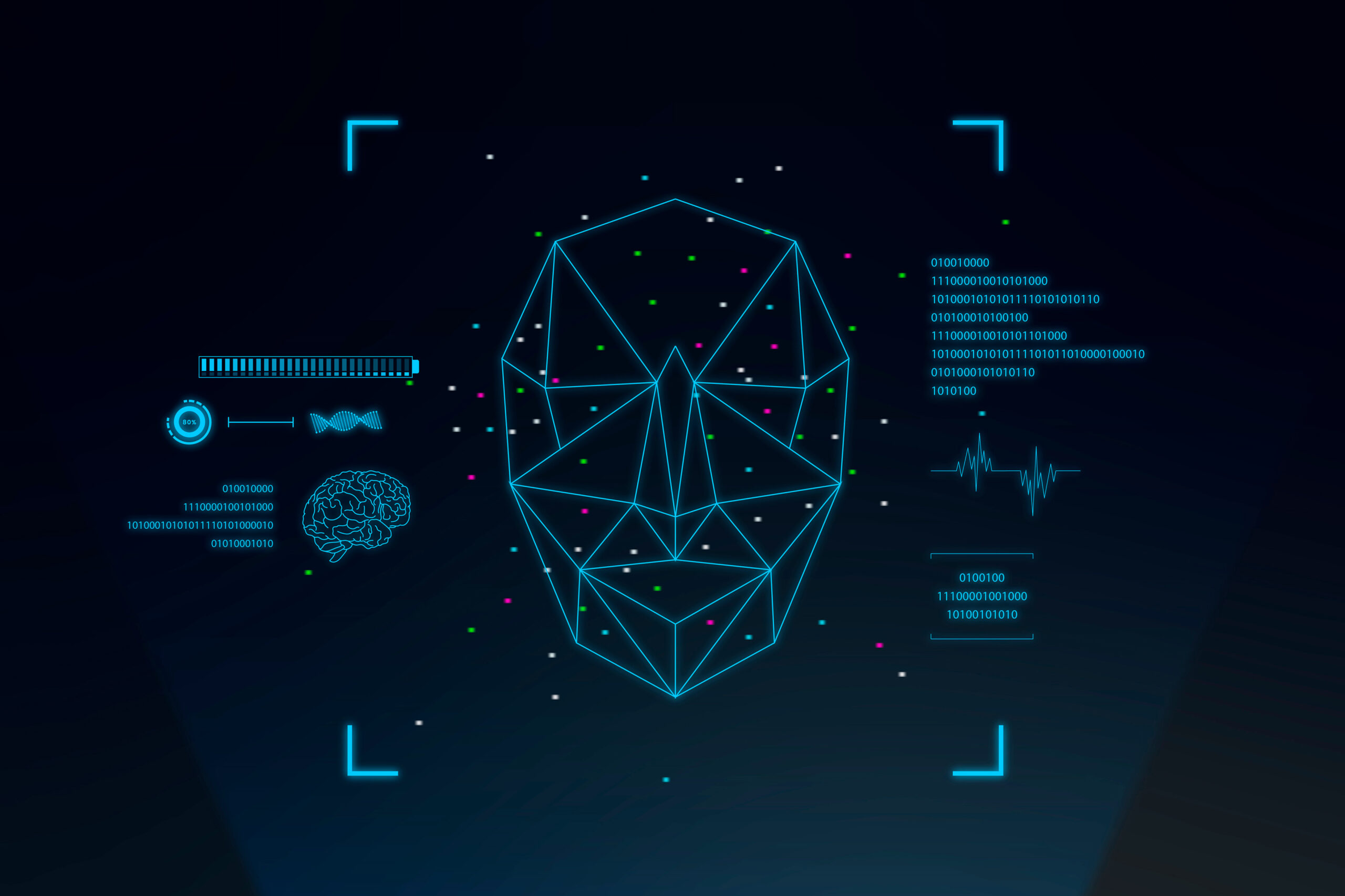
The Detroit Police Department, under the terms of a recent legal settlement, has established strict new policies on the use of facial recognition technology. This agreement, designed to serve as a model for law enforcement nationwide, introduces significant safeguards to prevent misuse of the technology.
Key components of the new policy include:
- Prohibitions against arrests based solely on facial recognition results.
- A requirement that subsequent photo lineups include additional corroborative evidence, beyond just facial recognition findings.
- Mandatory training for police on the limitations and risks associated with facial recognition technology.
- Conducting audits on all cases since 2017 where facial recognition was used to influence an arrest warrant.
These directives aim to mitigate wrongful arrests and the inherent risks of misidentification, which disproportionately affect women and people of color.
The Roger Williams Case
This settlement follows a lawsuit by Roger Williams, a Black man mistakenly arrested due to facial recognition misidentification, which led to him spending 30 hours in jail. His ordeal began when a facial recognition search mistakenly matched his driver’s license photo to a suspect seen in store surveillance footage at a Shinola watch store in 2018.
Although charges were eventually dropped, the incident highlighted significant concerns about the technology’s reliability and its potential to harm innocent individuals. Williams expressed hope for a future with more safeguards but ideally would prefer the technology not to be used at all.
The Detroit Police Department has agreed to pay Williams $300,000 and expressed satisfaction with the collaborative effort with the ACLU and the University of Michigan to reform its practices.
Phil Mayor, an ACLU attorney, emphasized that the police could still use facial recognition leads to initiate investigations but must rely on conventional detective work to gather sufficient evidence before making an arrest.
Meanwhile, other cities like San Francisco have taken stronger measures by completely banning police use of facial recognition technology. Additionally, Microsoft has implemented a ban on police departments utilizing its AI technology for facial recognition.
Featured Image courtesy of rawpixel.com on Freepik
